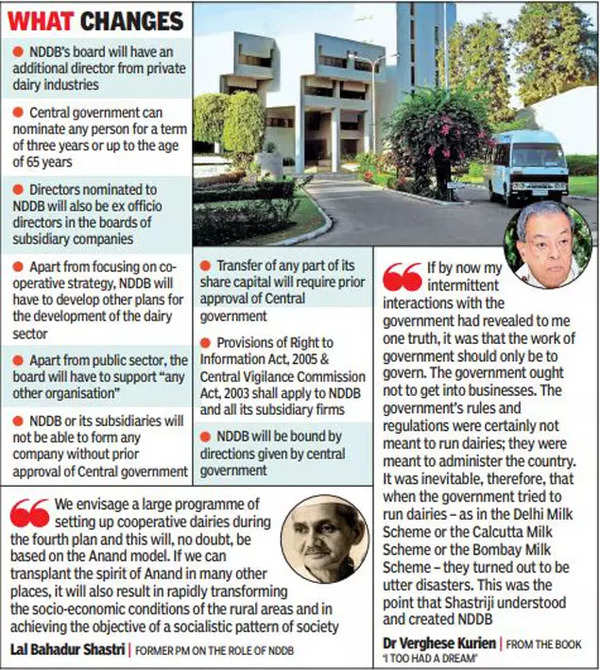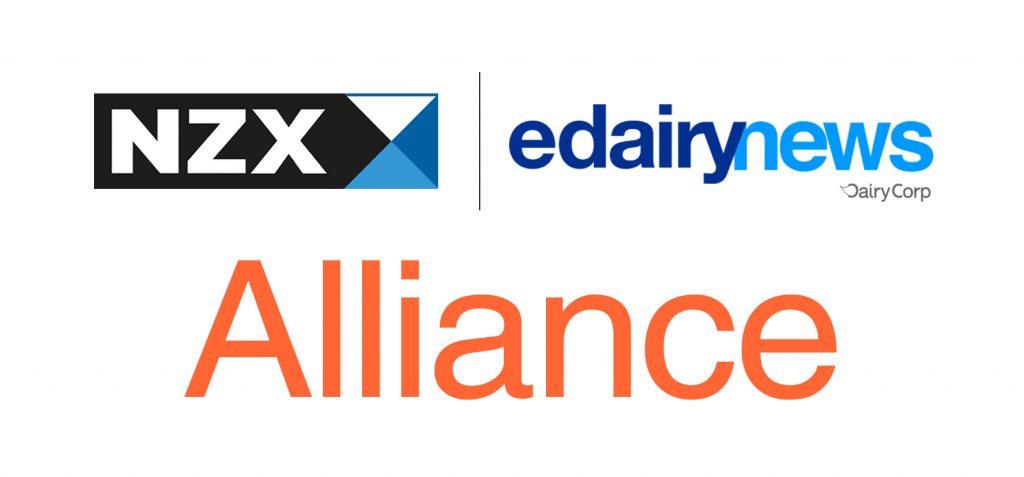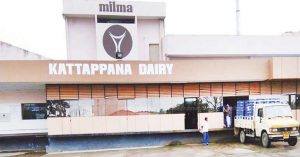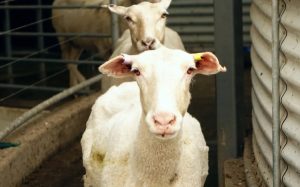Government of India (GOI) has proposed amendments to the NDDB Act 1987 whereby the words “and other plans for the development of the dairy sector” will be inserted in the existing Act of this statutory body.
It was on the behest of late Prime Minister (PM) Lal Bahadur Shastri, that NDDB was formed by the Parliament with the mandate to follow the “co-operative strategy”. This strategy implemented by NDDB’s founder chairman Dr Verghese Kurien had ushered in White Revolution in the country as Amul model of co-operatives was replicated through Operation Flood turning milk-deficit India into the world’s largest milk producer.
GOI is planning to introduce NDDB (Amendment) Bill 2021, which if cleared, will force the Anand-headquartered apex body to move beyond its traditional role of helping and strengthening the existing dairy cooperatives.

In fact, the amendment bill even proposes the post of one director in the NDDB board from “private dairy industries” – a move which has raised eyebrows in the dairy cooperative sector.
“The Amul or Anand model is a co-operative model where farmers are ultimate owners. Giving representation to the private dairy sector defeats its purpose,” said a veteran of dairy co-operatives. Currently, NDDB’s board comprises of chairman, managing director, two executive directors, one government nominee (joint secretary of dairy development and animal husbandry, GOI), two chairmen of state-level dairy co-operative federations and an expert from the co-operative sector invited by the NDDB. There are apprehensions that NDDB will end up losing little autonomy it has if the amendments are cleared in their current form.
The proposed amendments states that nominated directors of NDDB will also be ex officio directors in the boards of subsidiary companies.
“Further, prior approvals will be required from Central government to form any company or subsidiary company,” said a source close to the development. “NDDB shall be bound by such directions on questions of policy involving public interest..as the central government may give in writing to it from time to time,” a para from the proposed amendment states, adding that “the decision of the central government whether a question is one of policy or not shall be final.” “This is a clear indication of what the future holds for us.
The purpose of NDDB was to support cooperative movement and structures which are farmer-owned institutions, enjoy autonomy and have enough checks and balances in place. That purpose is being diluted,” said an old-hand.
“The entire purpose of setting up NDDB in Anand was to keep it away from political and bureaucratic influence. This will change if the amendments are cleared,” he said.
The ministry of fisheries, animal husbandry and dairying has issued an office memorandum regarding the draft legislation for the amendment prepared by the Central ministry of law and justice along with additional amendments by the Department of Animal Husbandry & Dairying.

















